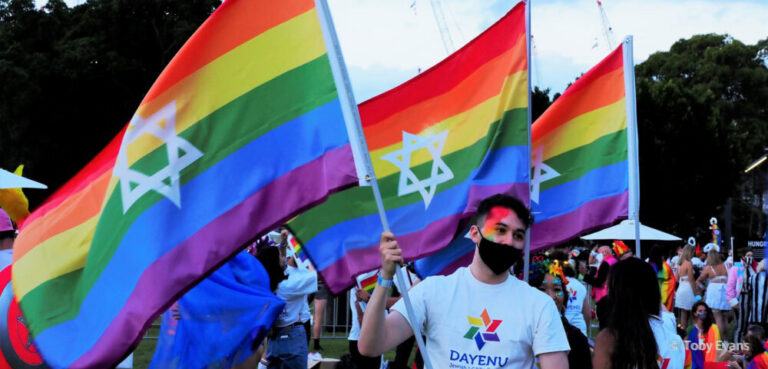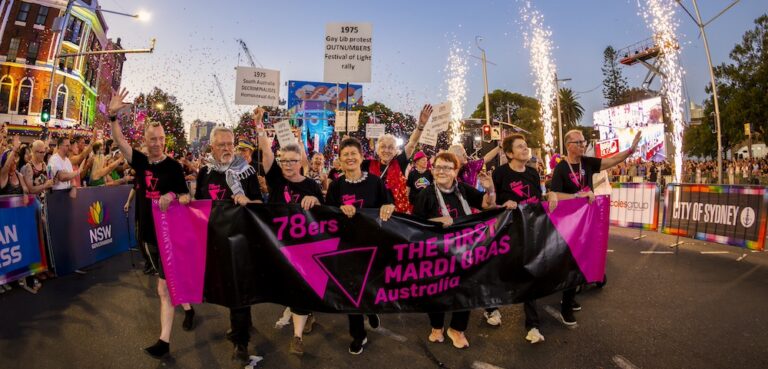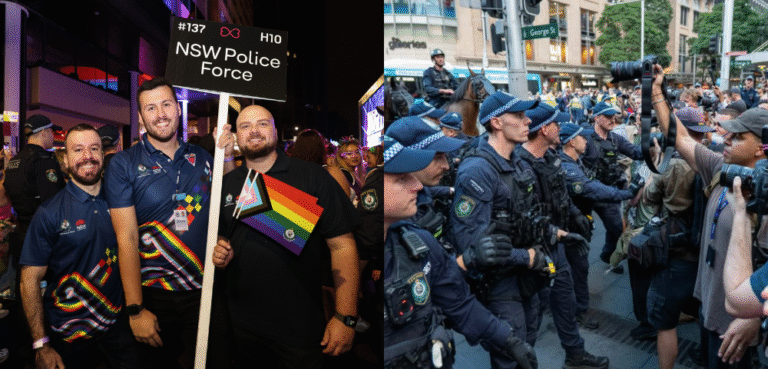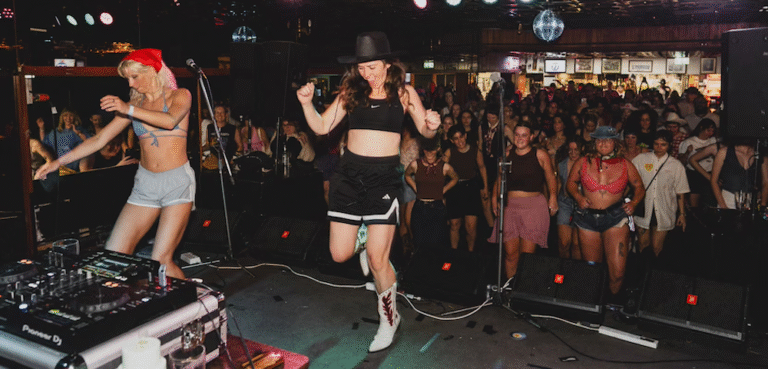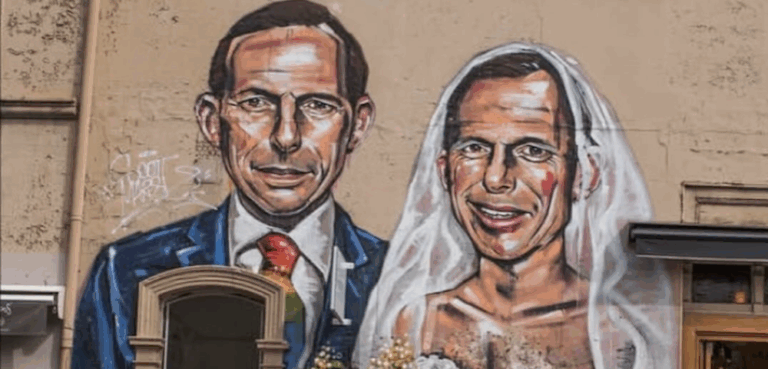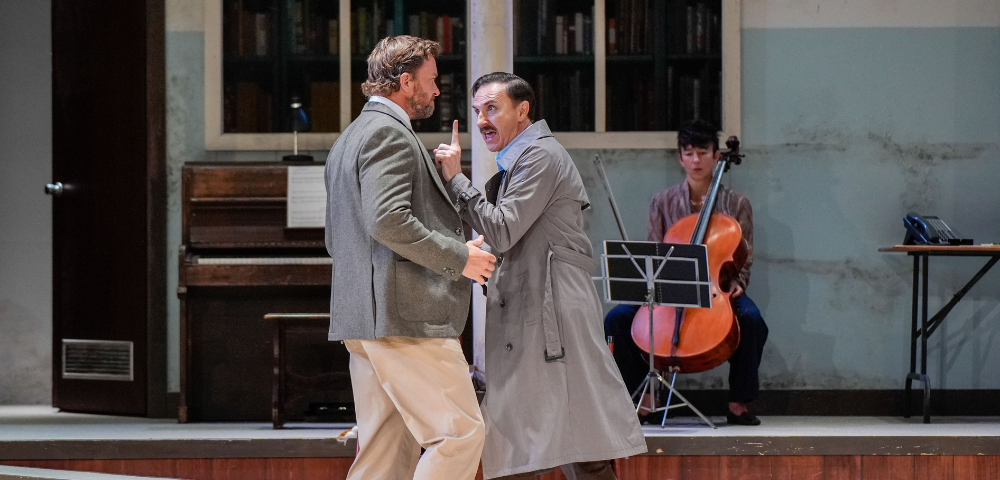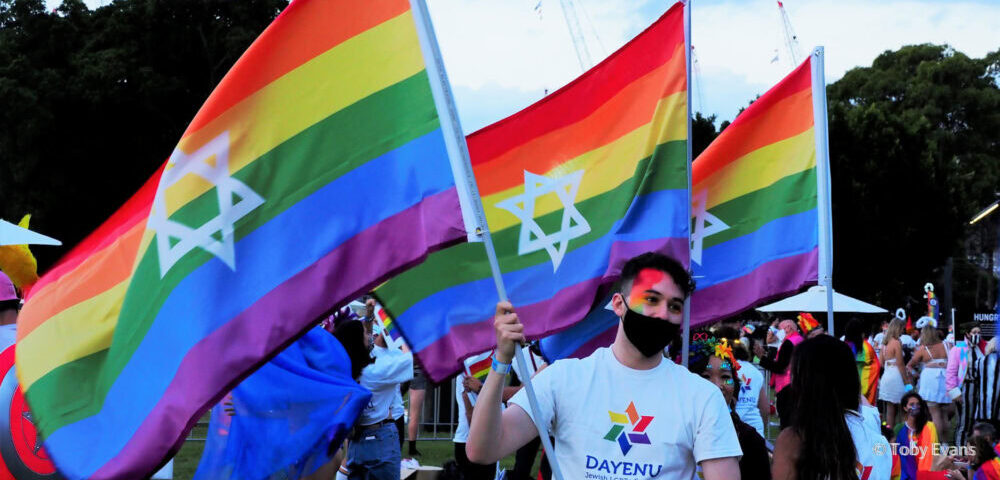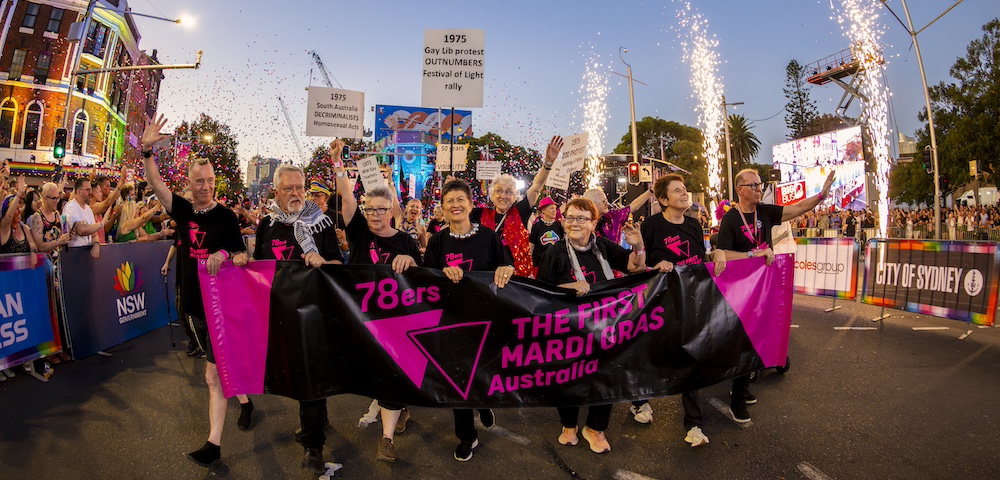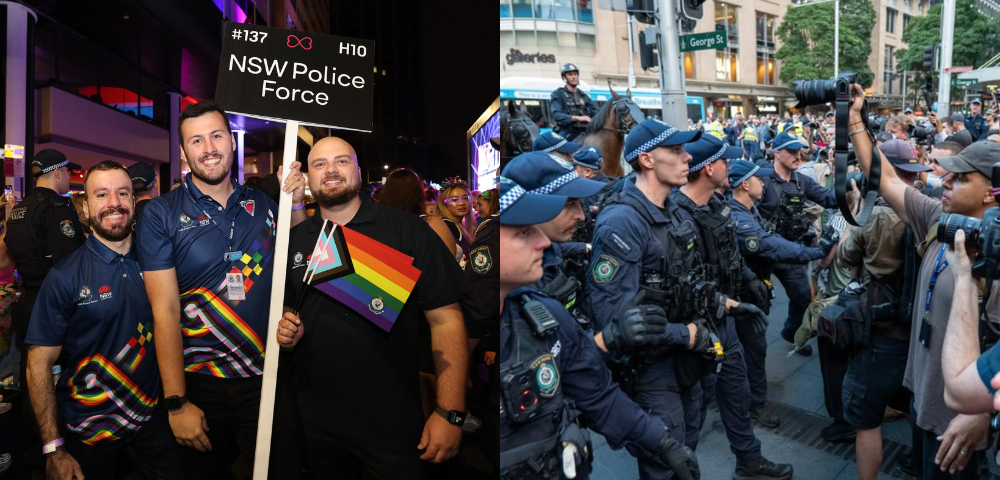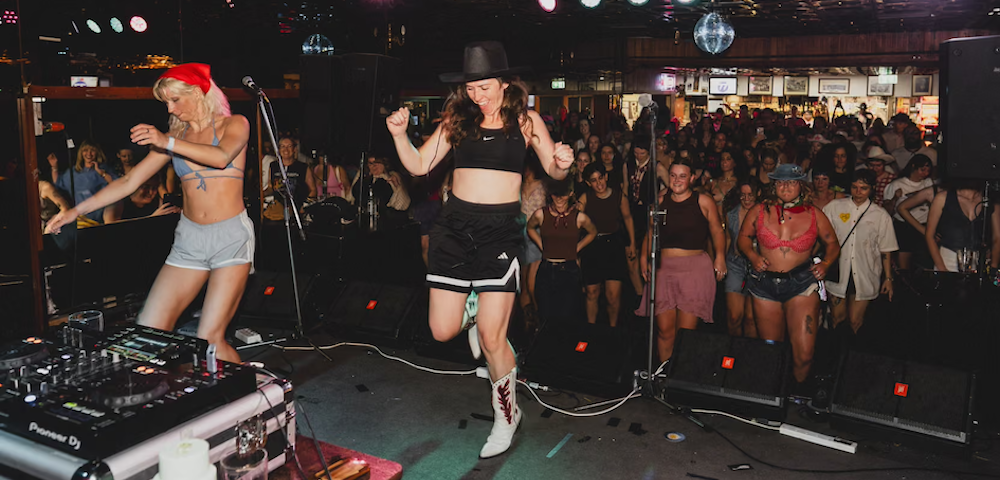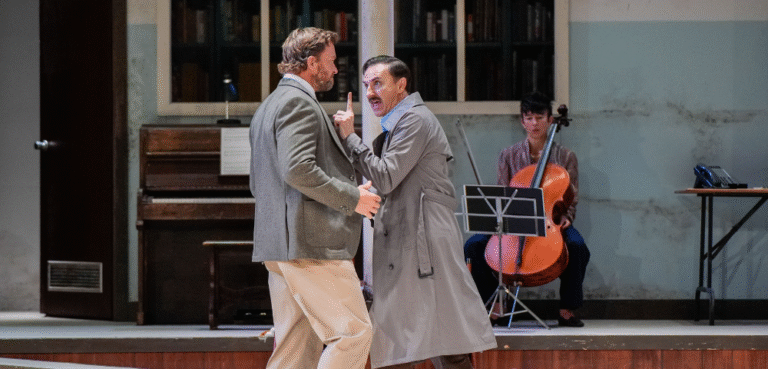
Study Shows ‘Aged Care Sector As A Whole’ Needs To Improve
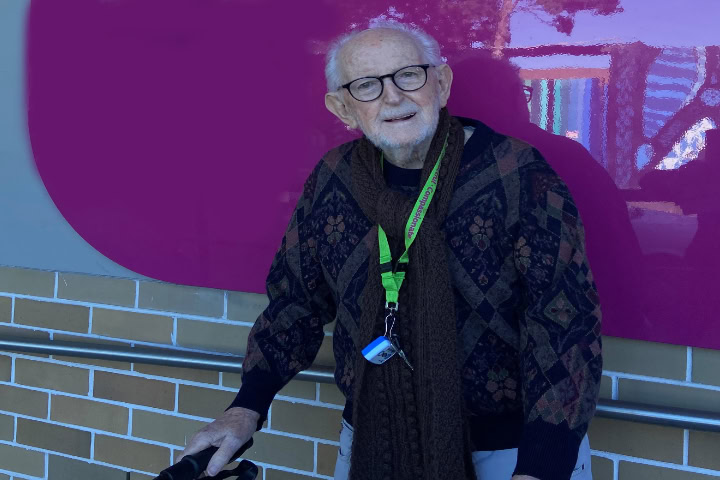
One researcher is urging aged care facilities to work with LGBTQI organisations to create safe and inclusive spaces following the release of new research – a call to action echoed by one of the country’s major providers.
Recent data from Uniting Care found older members of the LGBTQI community consider treating disclosures with sensitivity, and support for partners as essential when it comes to choosing where to live.
The survey conducted by the company was aimed at understanding older members of the LGBTQI community, with 130 people in NSW answering the survey.
It found 88 per cent of respondents believed visible signs of welcome is the top priority to improve the wellbeing of LGBTQI people in aged care including residential, in-home care and independent living.
A further 83 per cent said inclusive language and behaviour, treating disclosures with sensitivity, and support for partners is essential.
The survey also found that 48 per cent of people did not have trouble accessing services because of their sexual orientation or gender identity, and 34 per cent neither agreed nor disagreed that it had affected access to services.
Andrea Waling, who assisted with a separate study – the Rainbow Ageing Papers led by Anthony Lyons – explained that during their interviews one trans woman said: “I will euthanise myself before I go into aged care.”
“There is a lot of concern accessing an aged care service that would be culturally sensitive to LGBTQI issues, that people would be safe and get the care they needed,” Dr Waling said.
“For trans women, there was a real concern about being able to wear the clothing that they wanted, to have their gender identity affirmed and valued, [and] having access to things like the hormone replacement therapy.
“Safety was a real concern particularly because that population group may not have access to a family of origin who can speak on their behalf.”
Another quote from Lyons and Waling’s work is from Mabel, a 60-year-old lesbian.
“A lot of nursing homes where residents have been sexually abused, medicated beyond belief, financially abused by staff and family, and it’s only those people that have got a really strong family support or advocate that survive that,” she said.
Dr Waling further explains that the generation who are either in nursing homes or close to needing those services lived through periods such as the criminalisation of homosexuality.
“There is a really long history of exclusion and violence towards them,” she said. “We have had the forced conversion therapy and more recently, the marriage equality debate.”
Dr Waling said another primary concern for respondents to her study was not being able to live with their partner if they were in same-sex relationships.
She added it was crucial for aged care providers to start the conversation with LGBTQI organisations – especially ones with a focus on helping people in older age brackets – that can begin processes to creating a safe, inclusive environment.
One aged care resident had nothing but positive things to say about his new home.
David Beard, who lives at The Marion in Leichhardt, said he has never been discriminated against, and people should not feel afraid of entering aged care.
“Most people know that I’m gay, but all sorts of people make up the world,” the 97-year-old said. “It’s nothing to be afraid of if you just treat people with respect. You get what you put in… Everyone’s accepted here, and I feel that I belong.”
Chief Executive for Uniting NSW and ACT, Tracey Burton said, the company’s survey shows where the sector as a whole can improve so the LGBTQI community feels a real sense of belonging in aged care services.
“The LGBTI community can be worried about accessing aged care services, and we have to try extra hard to overcome those fears and tailor care to unique and varied needs,” she said. “I am proud that Uniting is leading [the way] in LGBTI inclusion. We’ve earned a Rainbow Tick, and we’re consistently recognised as one of Australia’s top LGBTI employers by the Australian Workplace Equity Index by Pride in Diversity.
“In addition, we’ve helped develop resources such as the MOSAIC app, so LGBTI people can more easily plan their ageing needs.”
